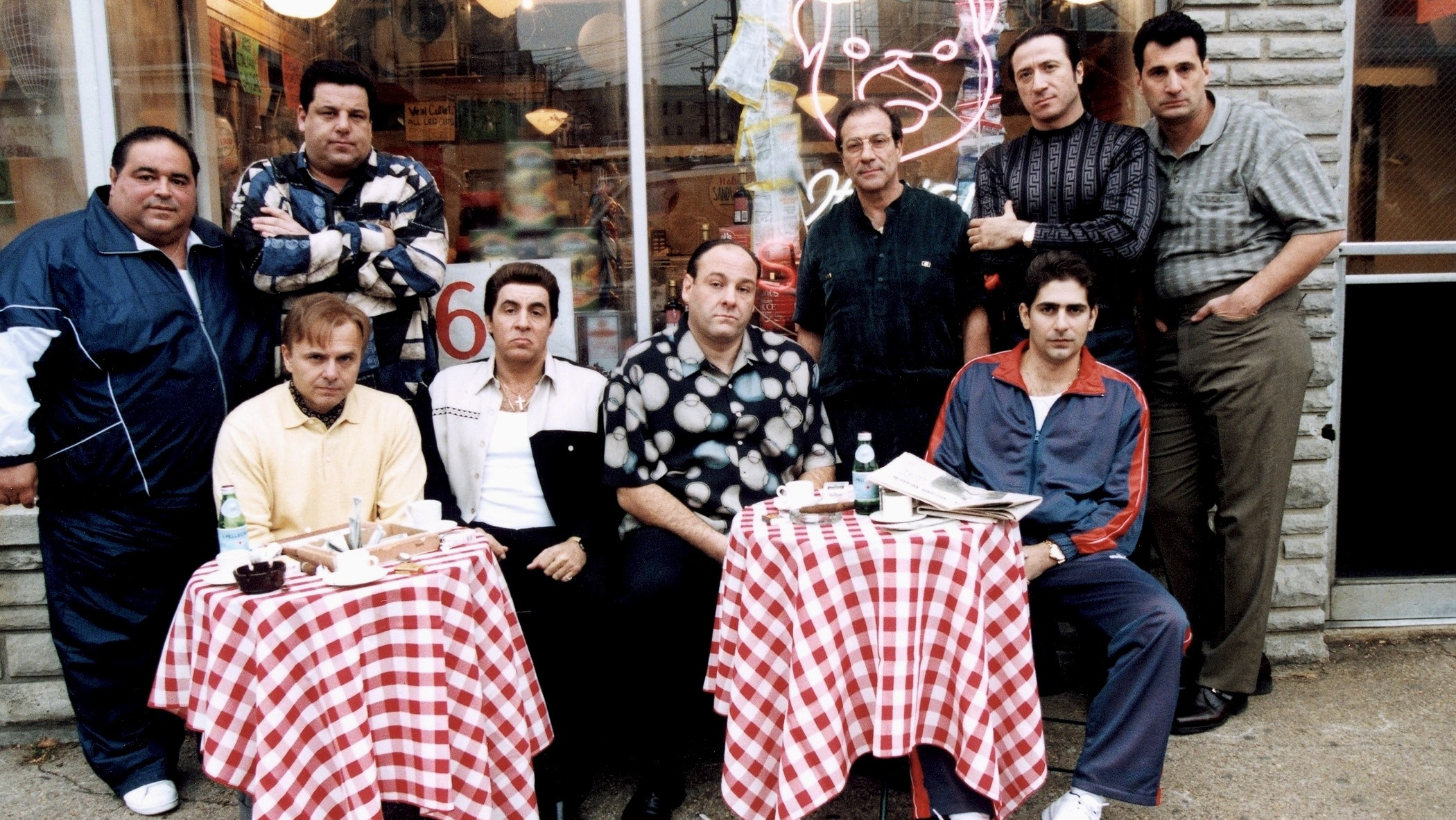The Sopranos is more than just a television series; it is a cultural phenomenon that has left an indelible mark on the landscape of modern storytelling. Airing from 1999 to 2007, this groundbreaking show delves into the complexities of mob life while exploring the nuanced interplay between family and crime. As viewers tuned in week after week, they were captivated not just by the gripping narrative but also by the rich tapestry of themes that underpinned each episode. From the struggles of identity and morality to the portrayal of mental health, The Sopranos themes resonate deeply, prompting both reflection and discussion among audiences.
At the heart of The Sopranos is the character of Tony Soprano, a mob boss grappling with personal and professional challenges. His journey serves as a microcosm for larger societal issues, making the themes relevant to a wide array of viewers. The series skillfully navigates the murky waters of loyalty, betrayal, and the quest for power, allowing audiences to glean insights into the human condition. As we explore the multifaceted themes of The Sopranos, we will uncover how they contribute to the show's enduring legacy and cultural significance.
Throughout this article, we will examine various themes present in The Sopranos, seeking to answer questions that arise from its complex narrative. What do the show’s depictions of family dynamics reveal about societal expectations? How does mental health factor into the lives of its characters? Join us as we unpack the intricate themes of The Sopranos and discover what makes this series a timeless classic.
What Are the Central Themes in The Sopranos?
The Sopranos is rich with themes that resonate across multiple facets of life. Some of the central themes include:
- Family and Loyalty: Explores the ties that bind and the betrayals that can occur.
- Mental Health: Highlights Tony’s struggles with anxiety and depression.
- Identity and Masculinity: Delves into the pressures of being a man in a patriarchal society.
- Morality and Ethics: Questions the nature of right and wrong in a morally ambiguous world.
How Does Family Influence the Themes of The Sopranos?
The theme of family is paramount in The Sopranos. Tony Soprano is not only a mob boss but also a father and husband. The show presents a duality in his life where familial loyalty often clashes with the demands of the criminal world. The dynamics within his own family, including his relationship with his mother, wife, and children, illustrate the importance of loyalty but also the consequences of betrayal.
What Role Does Mental Health Play in The Sopranos?
Mental health is a recurring theme in The Sopranos, particularly evident in Tony’s character. The series bravely addresses issues such as depression and anxiety, presenting them as significant struggles for Tony as he navigates the pressures of his dual life. The therapy sessions with Dr. Melfi provide insight into his psyche, allowing viewers to witness the impact of his mental health on his decisions and relationships.
How Are Identity and Masculinity Explored in The Sopranos?
The Sopranos presents a compelling exploration of identity and masculinity through its characters. Tony embodies the archetype of the tough, stoic man while also revealing vulnerabilities that challenge traditional notions of masculinity. This theme is explored through his interactions with other male characters, as well as through the lens of his family, where the expectations of being a ‘man’ are constantly scrutinized.
What Ethical Dilemmas Are Presented in The Sopranos?
The ethical dilemmas faced by Tony and his associates serve as a microcosm for larger moral questions. The show does not shy away from depicting the consequences of crime and the moral ambiguity that surrounds it. Characters are often faced with choices that force them to confront their values and the impact of their actions on others, making the audience question their own moral compass.
How Do The Sopranos Themes Reflect Society?
The themes of The Sopranos are not confined to the world of organized crime but instead reflect broader societal issues. The show addresses themes such as gender roles, cultural identity, and the American Dream, inviting viewers to reflect on their own lives and society at large. By doing so, The Sopranos transcends its genre, becoming a commentary on the human experience.
Conclusion: The Lasting Impact of The Sopranos Themes
In conclusion, the themes of The Sopranos are as intricate and multifaceted as the characters themselves. By delving into family dynamics, mental health, identity, and morality, the series paints a nuanced picture of life that resonates with audiences. The Sopranos continues to provoke thought and discussion, solidifying its place as one of the greatest television dramas of all time. As we reflect on the powerful themes presented in the series, we are reminded of the complexities of the human experience and the stories that shape our lives.
The Sopranos themes are not just elements of storytelling; they are reflections of reality that continue to inspire and challenge viewers long after the final episode has aired.




